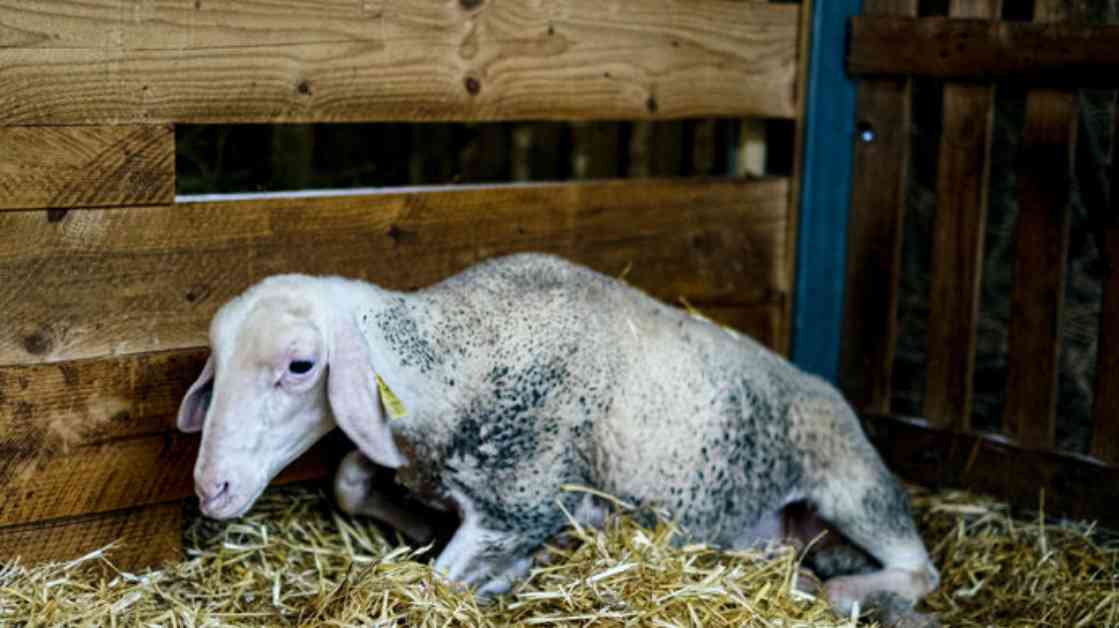FCO: La Confédération Paysanne Criticizes Government’s Handling of Blue Tongue Disease
Amidst a somber atmosphere, the Confédération Paysanne took stock of the crises facing French agriculture at its back-to-school conference on September 11, 2024. The organization listed its priorities after a summer that was « far from peaceful. » Laurence Marandola, the spokesperson for the union, immediately addressed the situation regarding the various diseases affecting French livestock, with blue tongue disease (FCO) at the forefront. According to her, this is a situation « unprecedented in terms of geographical extent, the number of affected farms, » and a « never-before-seen mishandling of the crisis. » She denounces « a form of denial and state lies about what is happening on the ground. » The union representative criticizes « the lack of information and anticipation » and the government’s « disdain » at the start of the crisis.
Call for Better Access to Vaccines and Support for Affected Farmers
Marandola demands « better access to the vaccine » as they are still not « available to everyone. » She also calls for support for losses and animal care and the deployment of the European « crisis reserve, » warning that without these measures, farmers may be forced to « close shop, or even worse. » The urgent need for « guaranteed prices » is emphasized by the union, which believes that improving farmers’ income must involve « minimum guaranteed prices, » which Marandola sees as the « only solution. »
The Failure of the Insurance System
Marandola also highlighted difficulties in the field of crop production and criticized the approach taken by some. « Faced with climatic and health hazards, farmers are left to fend for themselves. Some unions and others believed that the solution would be an insurance system, but today we are facing a failure, » she said. During its back-to-school press conference, the Confédération Paysanne also discussed challenges in the field of crop production. The union spokesperson laments « the exclusion of certain systems and productions » and the « ineffectiveness » for the insured. She advocates for a different approach, one of a « mutual and solidarity fund for all » and a « restructuring of the agricultural system » to protect against crises.
Marandola also addressed the issue of land in order to emphasize the importance for the Confédération Paysanne of « defending farm leases. » She reiterated her opposition to the decree on ground-mounted photovoltaic panels, with a challenge to the State Council set to be examined on September 16, 2024. « For us, this is a real threat to the preservation of agricultural land, » with production as an « alibi, » contributing to the « inflation of land prices. » Marandola does not want to see energy compensate for « the lack of income. »
Towards the Battle of Chamber of Agriculture Elections
With a few months to go until the Chamber of Agriculture elections in January next year, the Confédération Paysanne took advantage of this conference to launch its campaign with the slogan: « For vibrant rural areas, let’s stand firm. » Thomas Gibert, the national secretary of the movement, warns: « There will be no alliance, we will have a list for each department. » « We find it hard to imagine the FNSEA talking about vibrant rural areas when we see the result of years of co-management that has only led to the disappearance of farms, » the unionist says. The Coordination Rurale is not left out, being singled out for its « alignment with the far right » and its « isolationist stance. We want solidarity in rural areas, not identity politics. » The campaign for the Chamber of Agriculture elections is underway.

